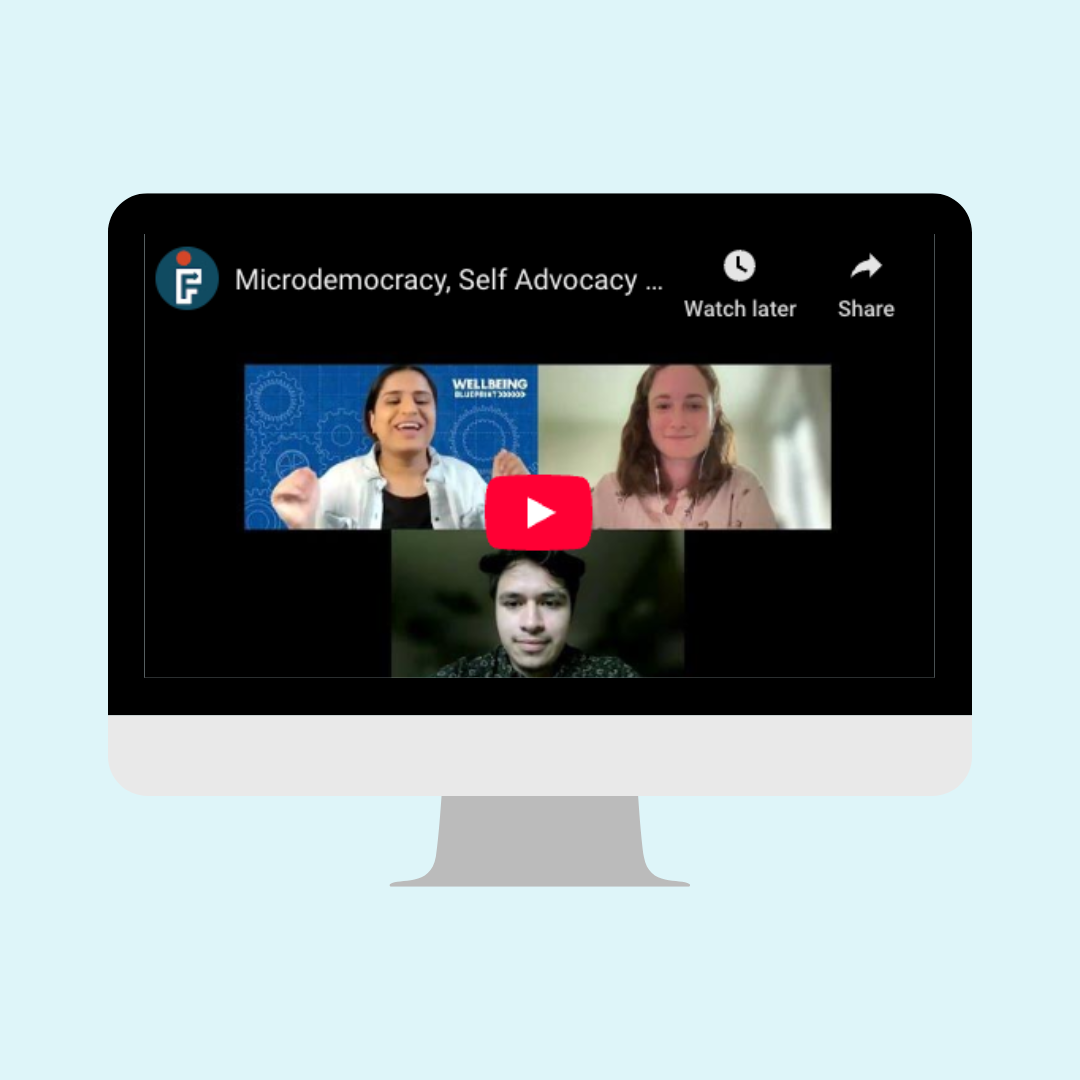
Watch the recording of our conversation with Wellbeing Blueprint signer the Right Question Institute, who is working to build a more just and equitable democracy.
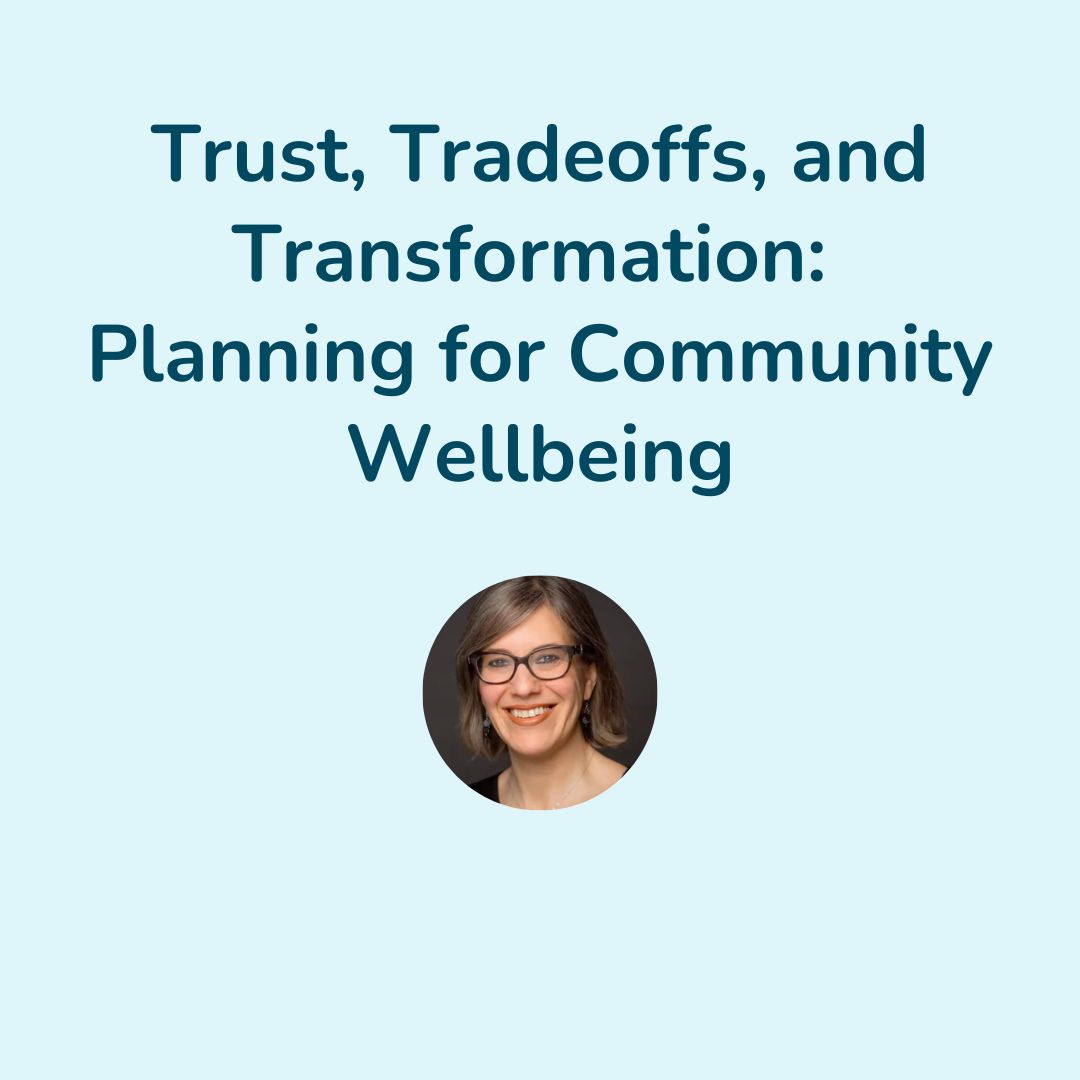
Katya Fels Smyth and FFI's partners in Cleveland, OH, and Kingston, NY, shared about WIATT (the Wellbeing Insights, Assets & Tradeoffs Tool) in a webinar for the American Planning Association, St. Louis.
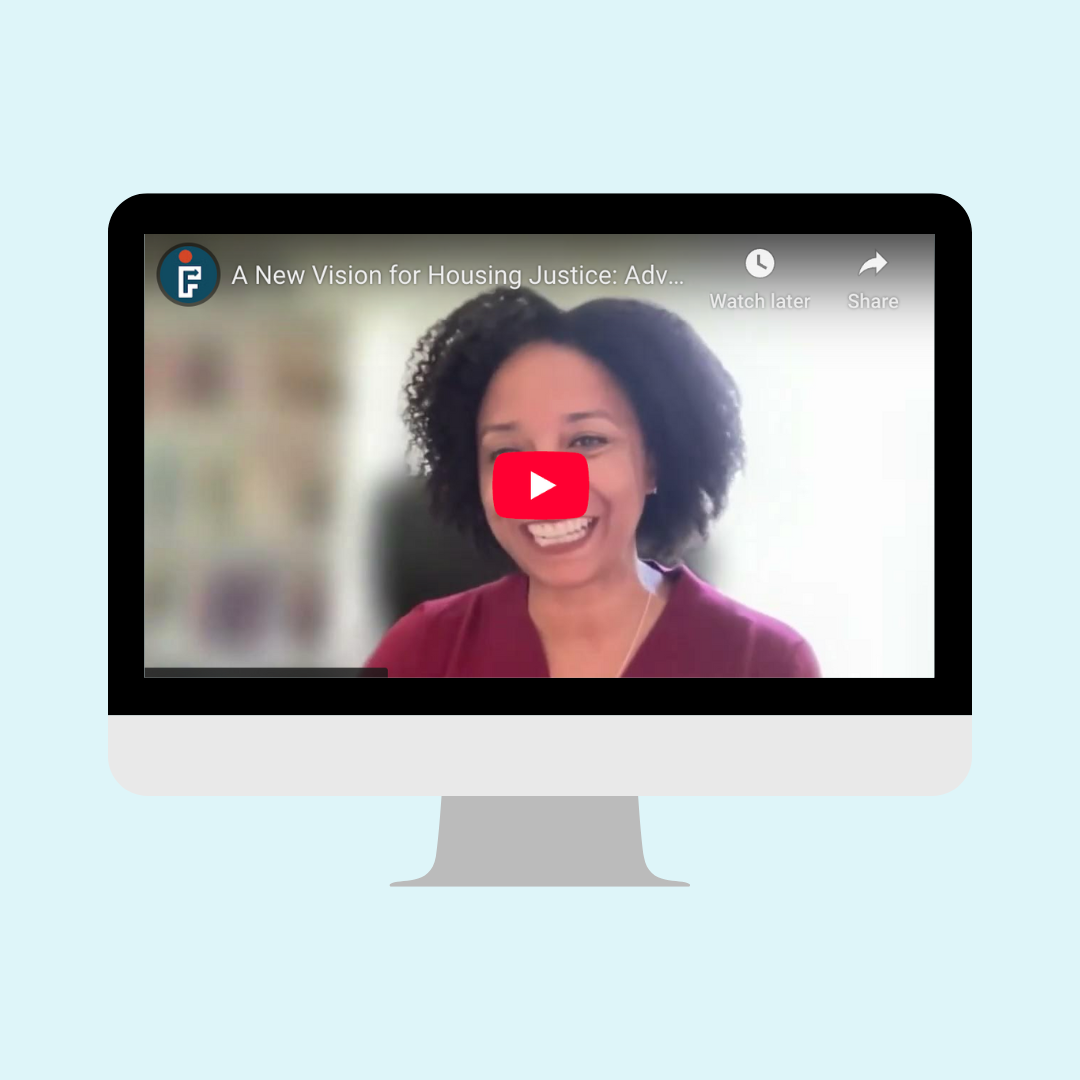
The Wellbeing Blueprint hosted a discussion with housing justice leaders across the country to showcase innovative solutions to end homelessness.
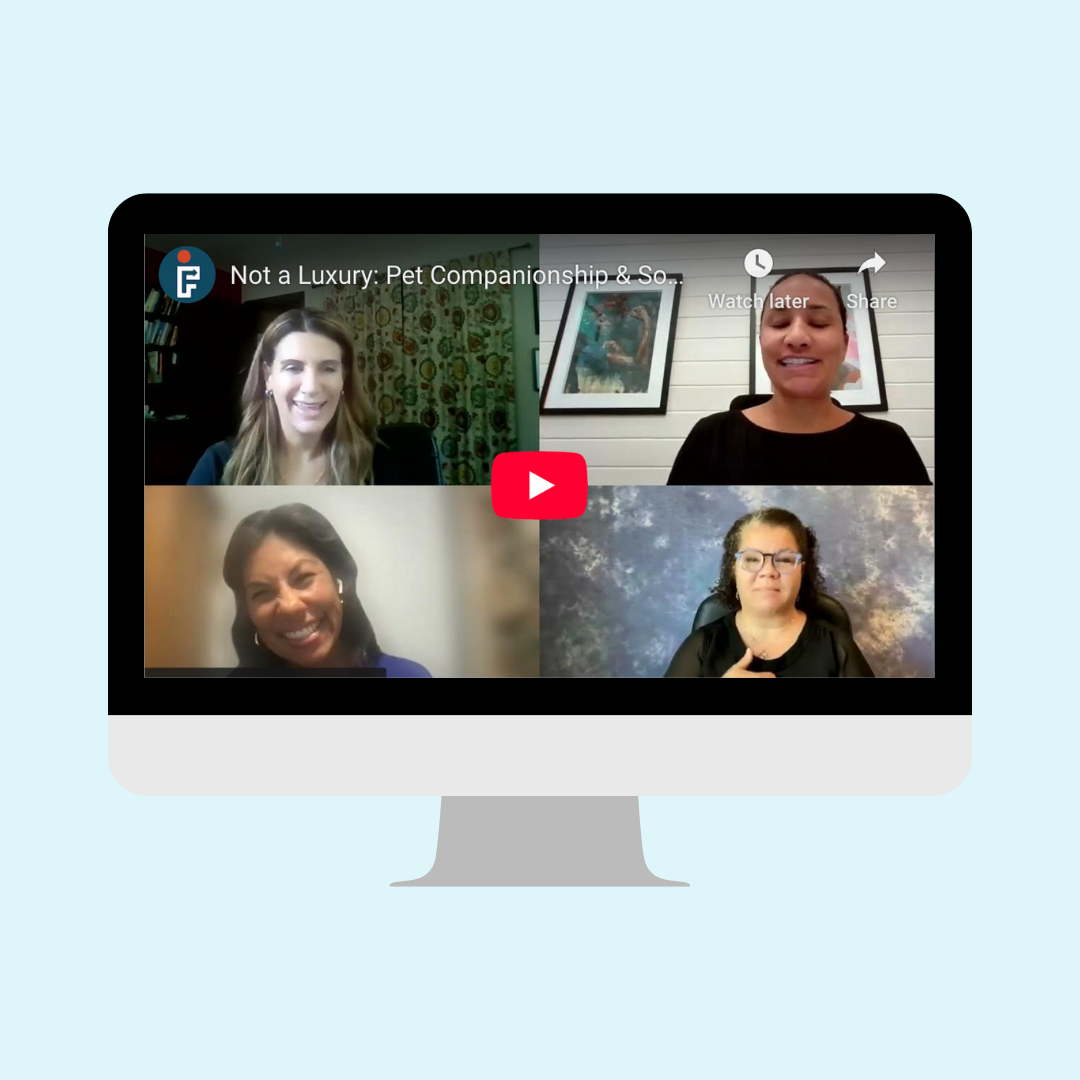
The Wellbeing Blueprint, the Humane Society of the United States’s Pets for Life program and HEART L.A. discuss the intersection of pet ownership, poverty, housing instability and social justice.

Indigenous activists discuss the power of Native voice and mobilizing the Indigenous vote.
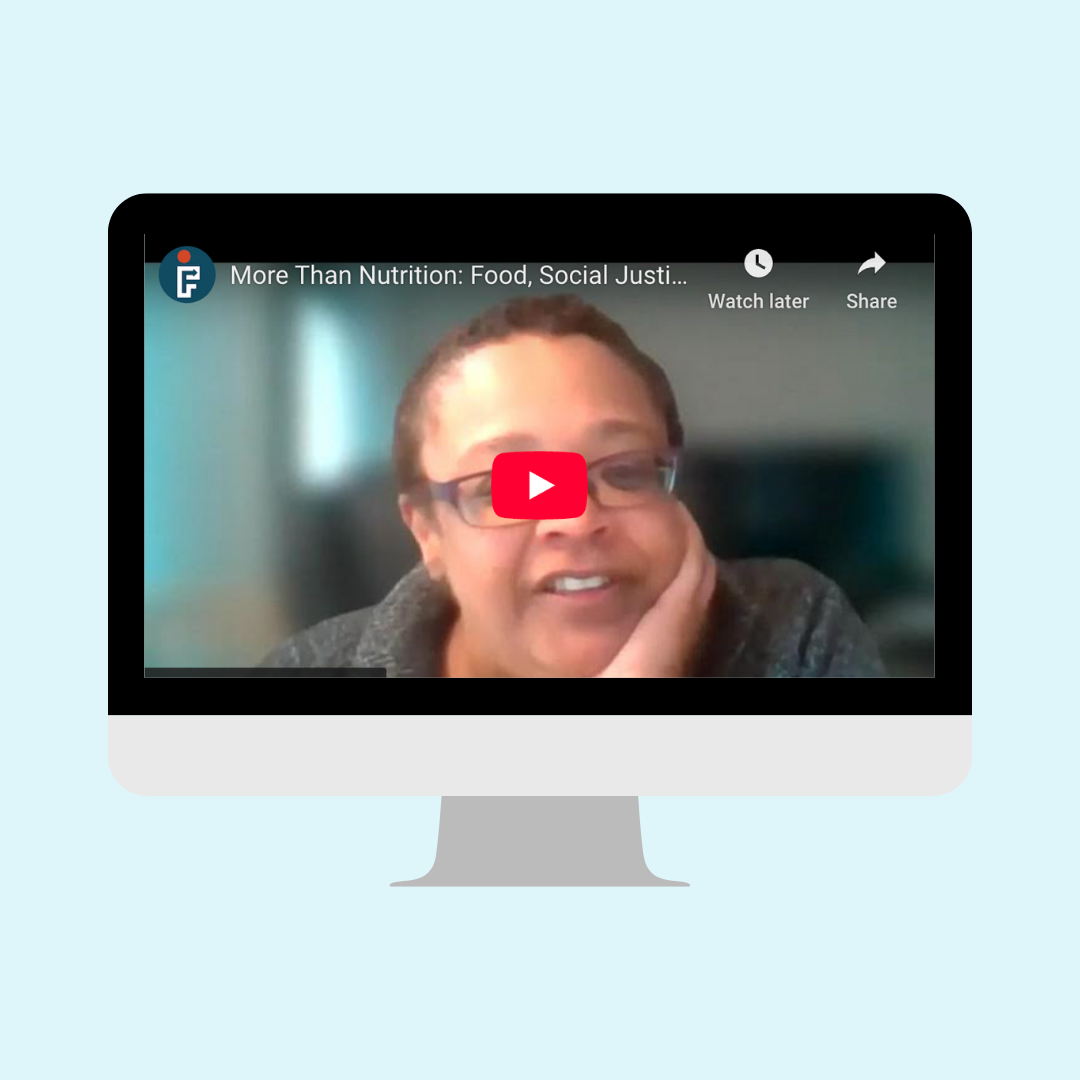
Three leaders who are implementing innovations in food justice and sovereignty explore the connections between food, wellbeing, equity, social justice, community and more.

We participated in an important conversation about how incorporating wellbeing and resilience into infrastructure investments. We discussed ways to promote structural and social investments alongside changes to the built environment, programming and operations.
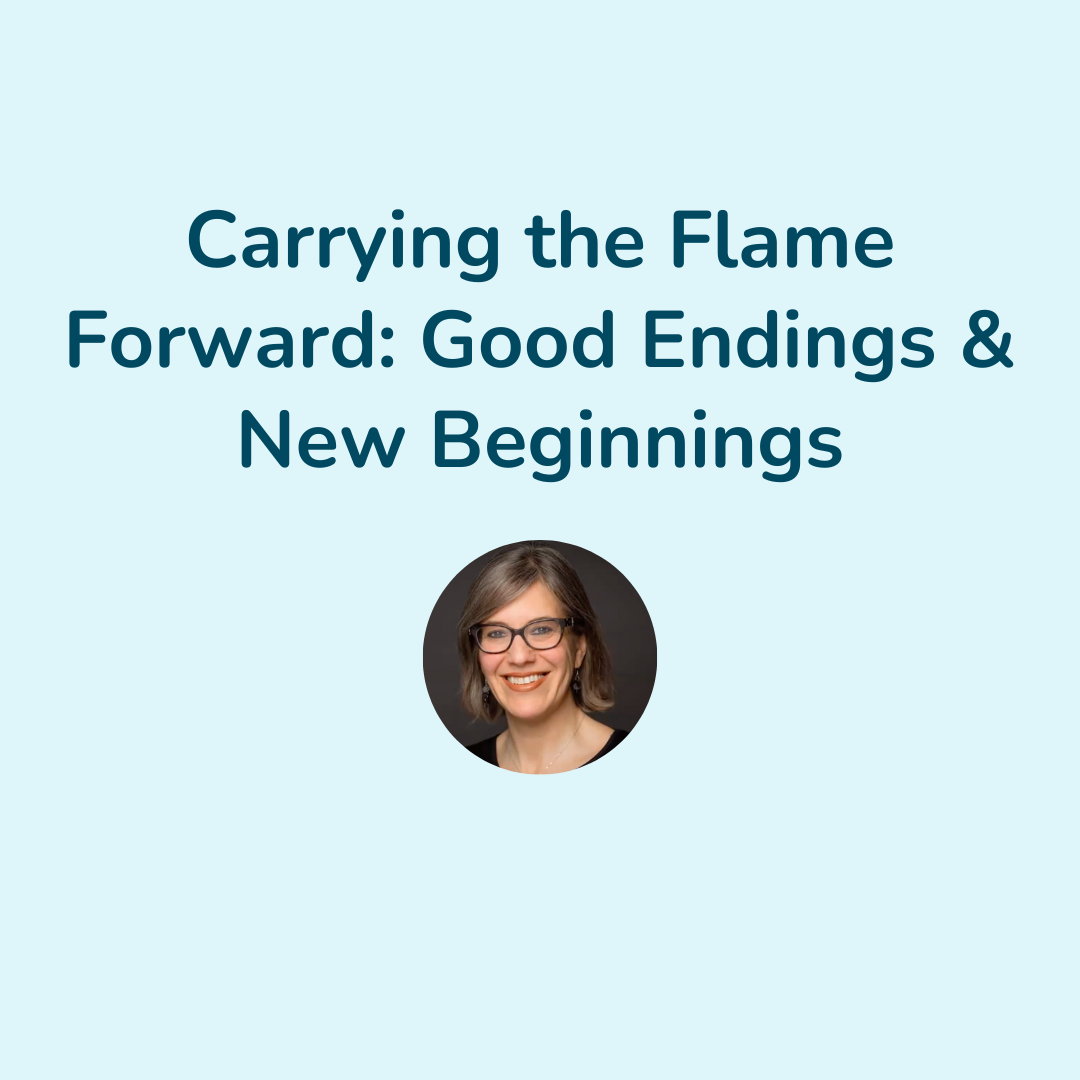
Read the letter from FFI’s Founder & CEO Katya Fels Smyth about our journey winding down the organization over the past eight months and how the work will continue.
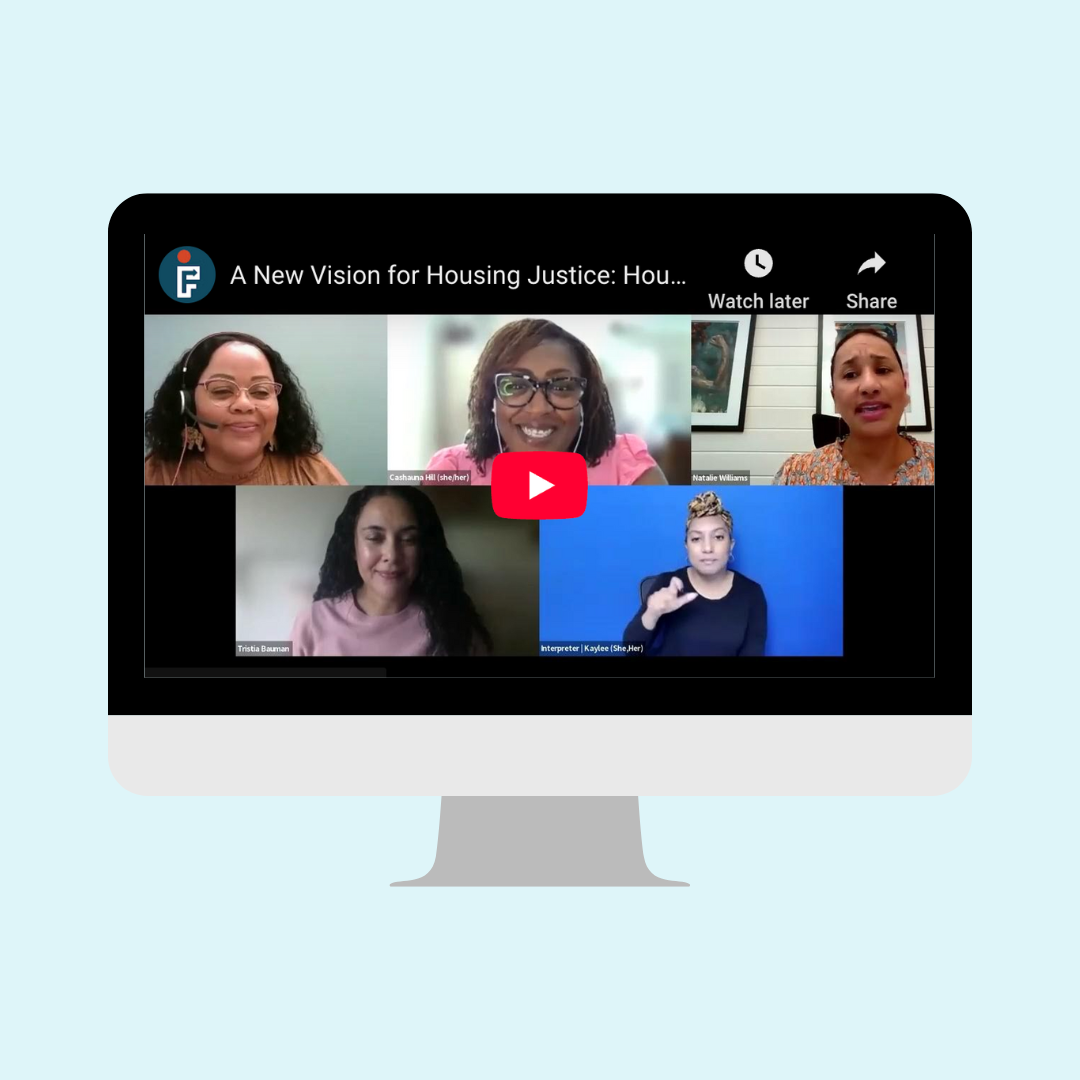
The Wellbeing Blueprint hosted a discussion with service providers, organizers and people with lived expertise that explored the root causes of homelessness and real solutions that advance housing as a human right.
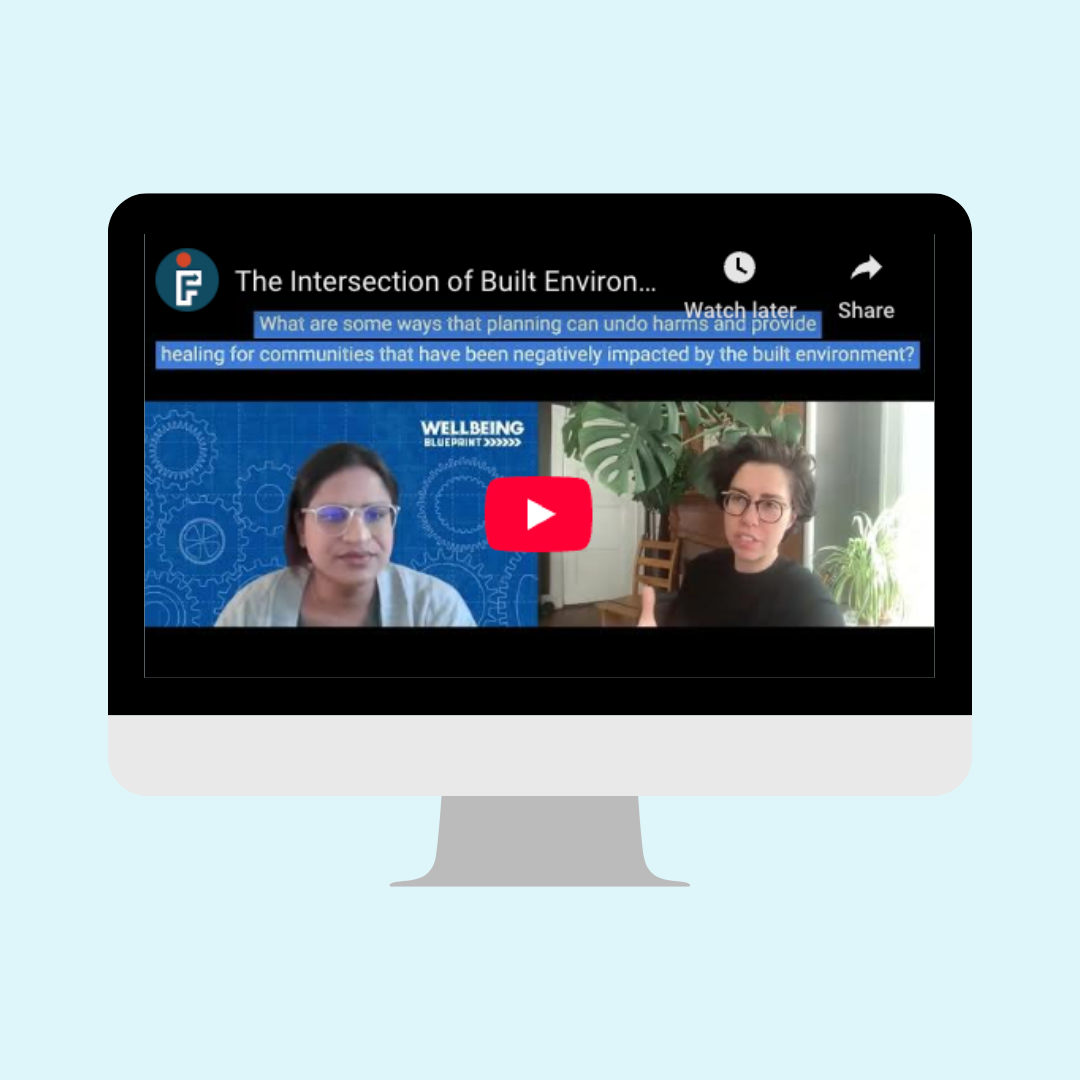
Watch the recording of our conversation with Wellbeing Blueprint signer Elka Gotfryd.
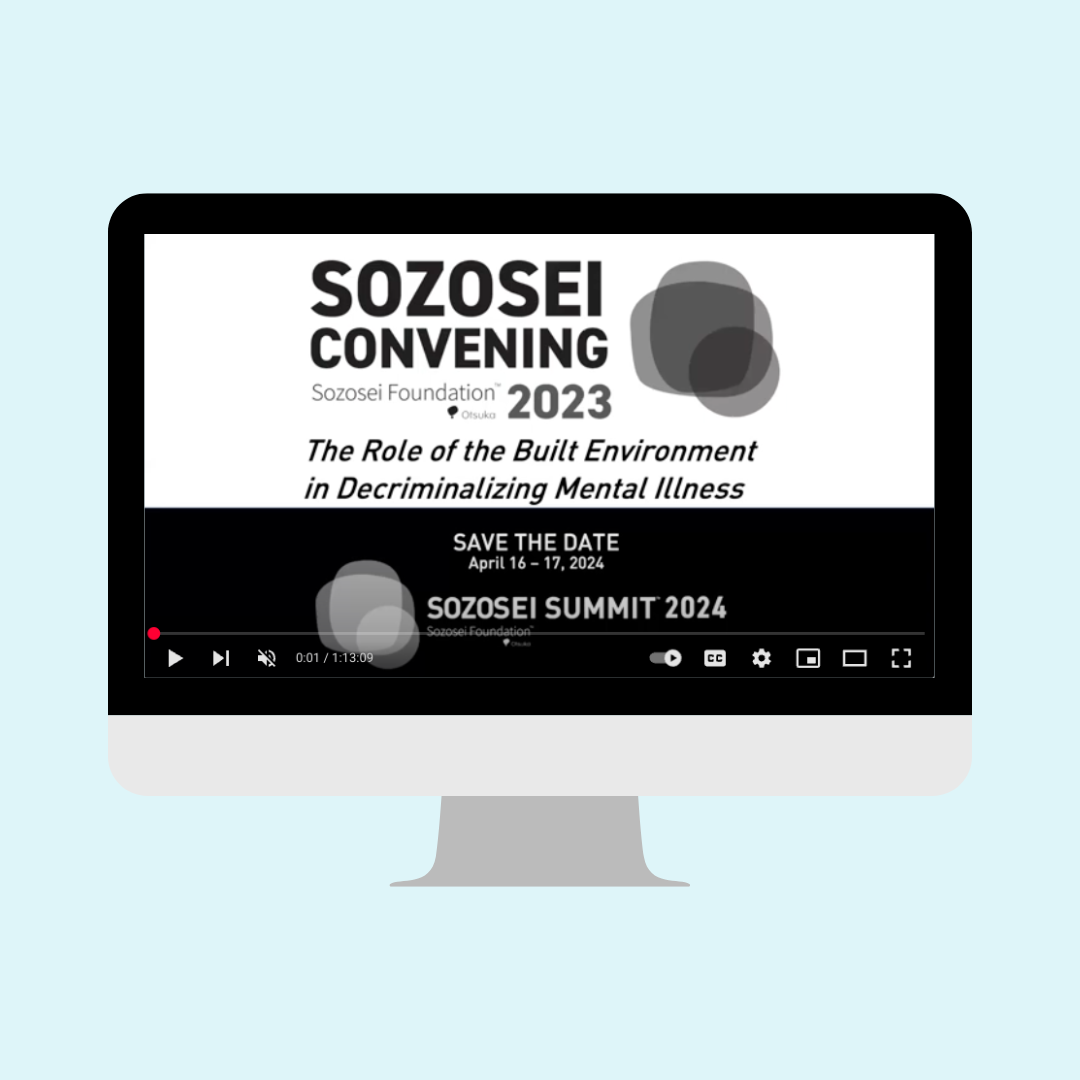
We participated in an important conversation that explored how investing in the built environment can be used as a lever for decriminalizing mental illness, increasing public safety, enhancing civic participation, addressing inequities and improving public health.
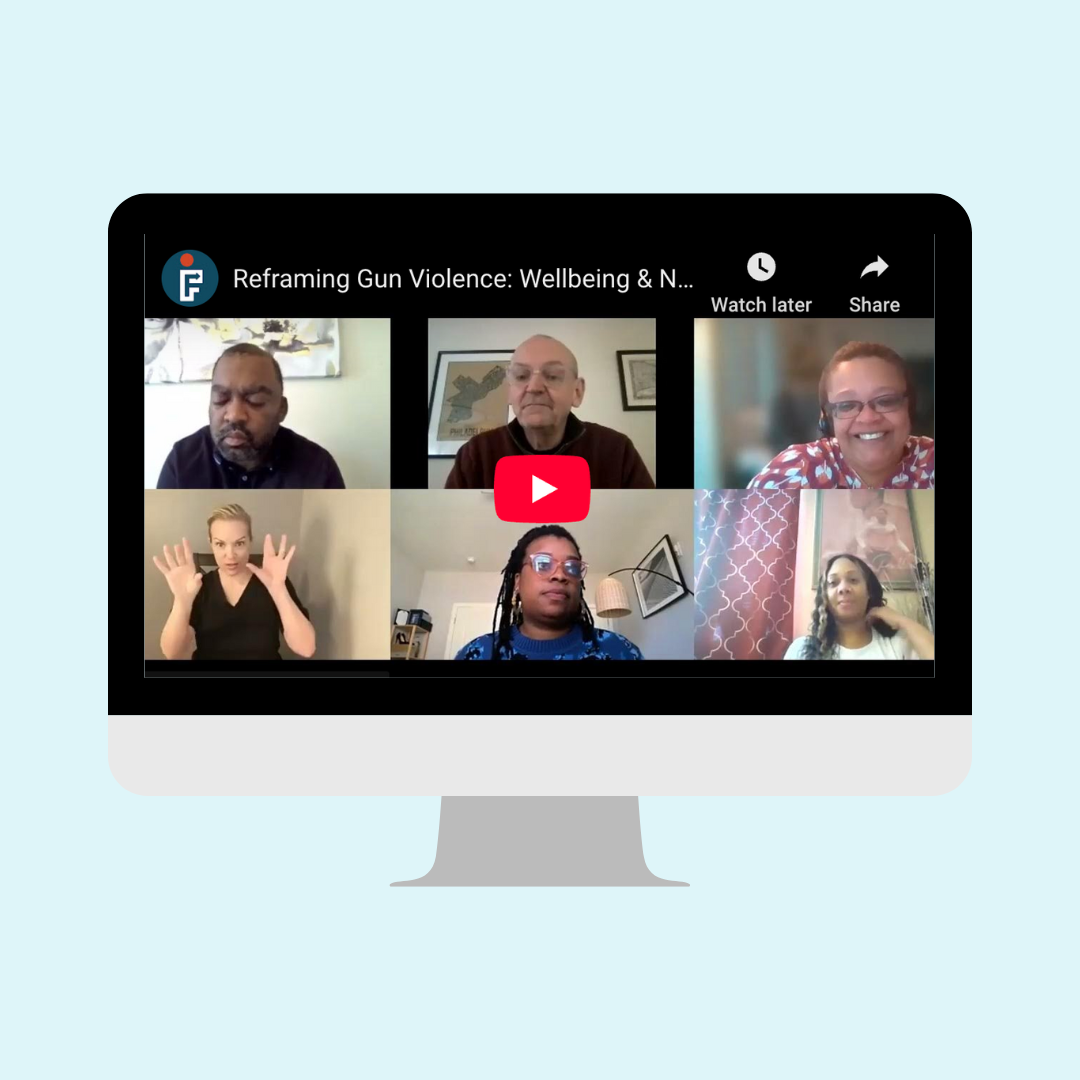
Learn from leaders who are advancing new narratives about violence for a conversation on how the stories we tell can lead to accountability, healing and prevention. People with lived expertise share the impact of public safety reporting on narratives and call for shifting power from media and institutions to survivors and impacted communities.